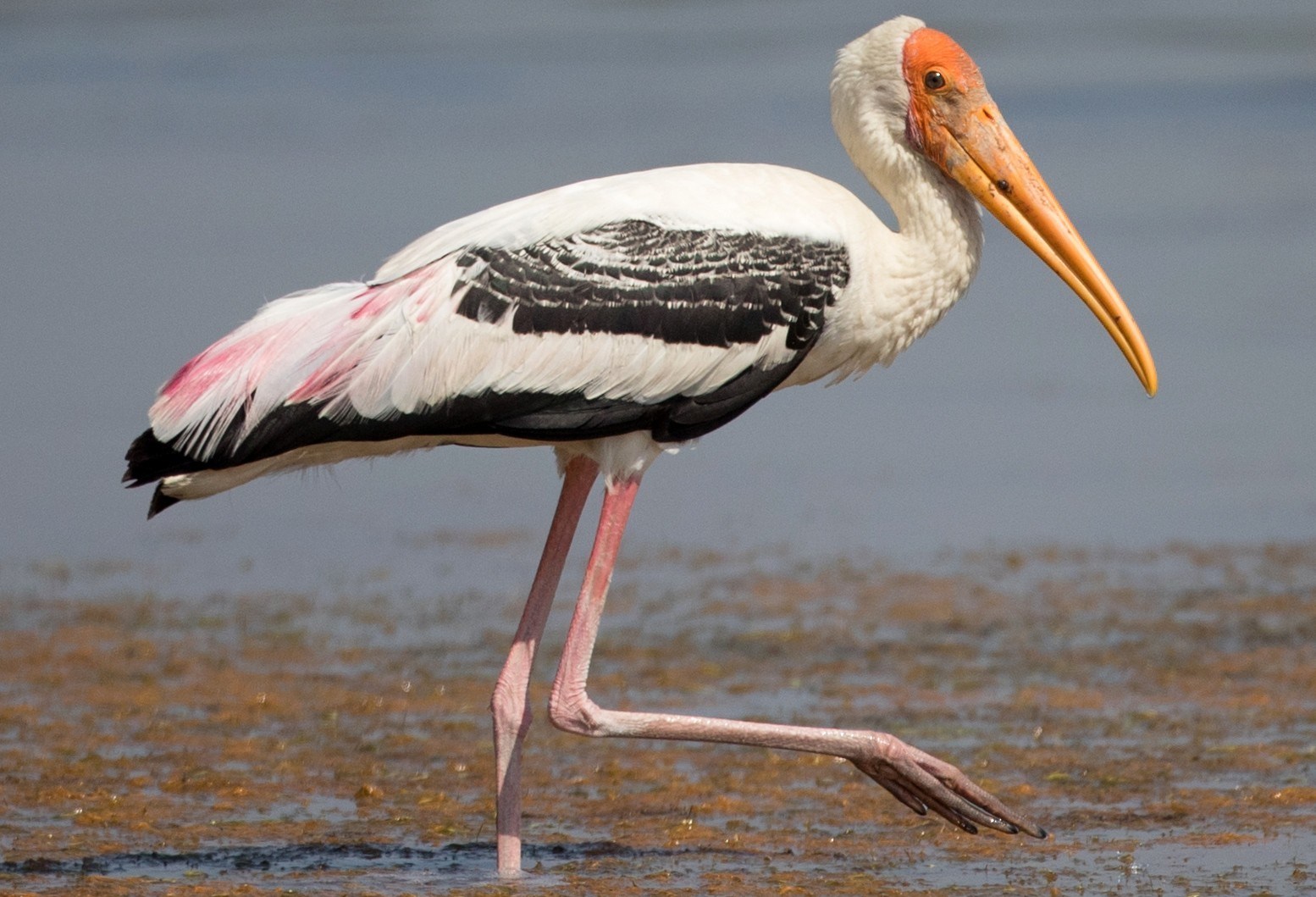
Mem Moment | The Stork
Parashat Shemini “Eighth”
Why are some animals kosher and others forbidden to consume? This is a question that has befuddled Jews for millennia. This week’s Torah portion includes a long list of creatures that are considered “impure” or an “abomination”: land animals that don’t chew their cud or have a split hoof, fish that don’t have fins and scales, and birds…well, the rule for birds is less clear – there’s just a long list of birds you’re not supposed to eat, with no explicit reason given. And since our dietary choices are expressions of our values, the rabbis tried to come up with values-based reasons why those birds were in or out.
One bird on the do-not-eat list is the stork, for which the Hebrew word is chasidah. The great medieval rabbi Rashi said that the stork is called chasidah because it does acts of kindness – chasidut – by sharing its food with its fellow birds.
In the 19th century, Rabbi Yitzchak Meir Alter discovered that a practice had developed among some of his followers to only give tzedakah to members of his synagogue, and not to people they considered outside his group. He told his students: “If the bird is a chasidah and helpful, why is it nevertheless forbidden? The answer is, because it feeds its friends only, and no outsiders.”
This Shabbat, let us examine our actions and make sure that the way we treat strangers and acquaintances is as respectful, and as mindful of their humanity, as the way we treat our friends.